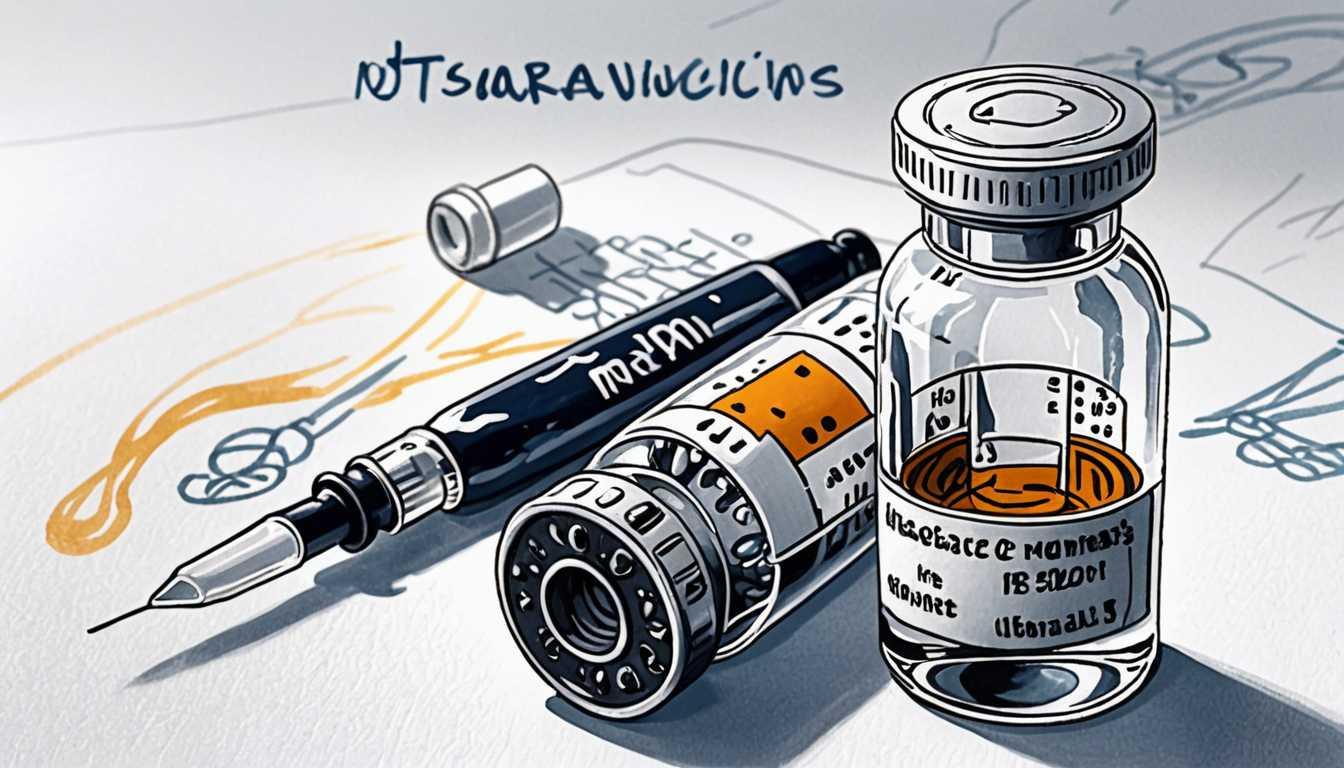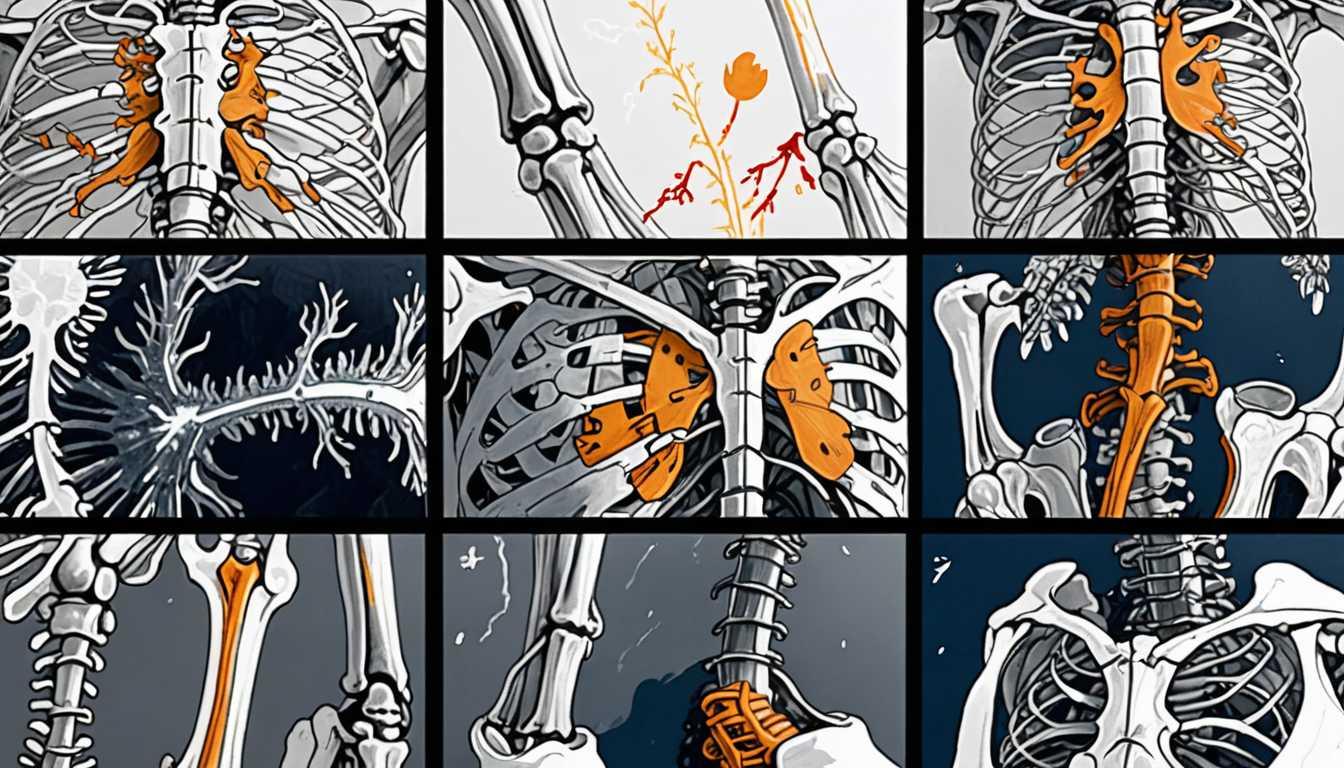Sybil: AI's Leap Against Lung Cancer
January 2023
Massachusetts Institute of Technology (MIT)
Introduction
Dive into the future of lung cancer detection with MIT's latest AI marvel, Sybil! Developed by brainiacs at MIT and their partners, this tool predicts lung cancer risk up to six years in advance, using just a CT scan. With lung cancer being the top cancer killer worldwide, Sybil's tech could be a game-changer in catching it early, boosting survival rates from grim to hopeful. It's like having a crystal ball for your lungs, minus the magic. Check out how MIT is leading the charge against lung cancer with innovation and a touch of ancient wisdom!
READ FULL ARTICLEWhy It Matters
Discover how this topic shapes your world and future
Unraveling the Future, One Breath at a Time
Imagine a world where a simple scan could tell you about your health risks years before they become a problem. That's exactly what researchers at MIT are working on with an AI model named Sybil, designed to predict the risk of developing lung cancer from CT scans. Lung cancer is a major issue worldwide, claiming more lives than the next three deadliest cancers combined. Early detection significantly increases survival rates, making Sybil's work a potential game-changer. This research isn't just about fighting lung cancer; it's about revolutionizing how we approach health and disease, making it a fascinating topic that touches on technology, ethics, and the future of medicine. How does this relate to you? Imagine the possibilities in a world where technology can predict and prevent diseases before they even occur.
Speak like a Scholar
Artificial intelligence (AI)
A branch of computer science dealing with the simulation of intelligent behavior in computers, enabling them to perform tasks that typically require human intelligence.
Computed tomography (CT) scan
A medical imaging technique that uses computer-processed combinations of many X-ray measurements taken from different angles to produce cross-sectional images of specific areas of a scanned object.
C-index
A measure used in statistics to evaluate the accuracy of models that predict a binary outcome; in this context, it assesses the AI's ability to correctly predict lung cancer risk.
ROC-AUC score
Stands for "receiver operating characteristic - area under curve." It's a measure used in statistics to determine how well a parameter can distinguish between two diagnostic groups (diseased/normal).
Lung nodules
Small masses of tissue in the lung that are usually benign but can be early indicators of lung cancer.
Screening
The process of testing for disease in people who have no symptoms, with the goal of early detection and treatment.
Independent Research Ideas
The ethics of predictive medicine
Investigate the moral implications of using AI to predict diseases. How do privacy, consent, and potential psychological impacts play into the widespread use of such technology?
AI in global health disparities
Explore how AI like Sybil could be used to bridge health service gaps in underdeveloped regions, focusing on the logistical, ethical, and economic challenges.
The evolution of AI in medicine
Trace the development of artificial intelligence applications in healthcare, from early diagnostics to predictive analytics, and speculate on future innovations.
Gender differences in lung cancer
Considering that nonsmoking women are more likely to develop lung cancer than nonsmoking men, a study could delve into the biological, environmental, and societal factors contributing to this disparity.
Improving public health policy with AI
Analyze how predictive AI models could influence public health strategies and policies, especially in the context of diseases like lung cancer where early detection is crucial.




